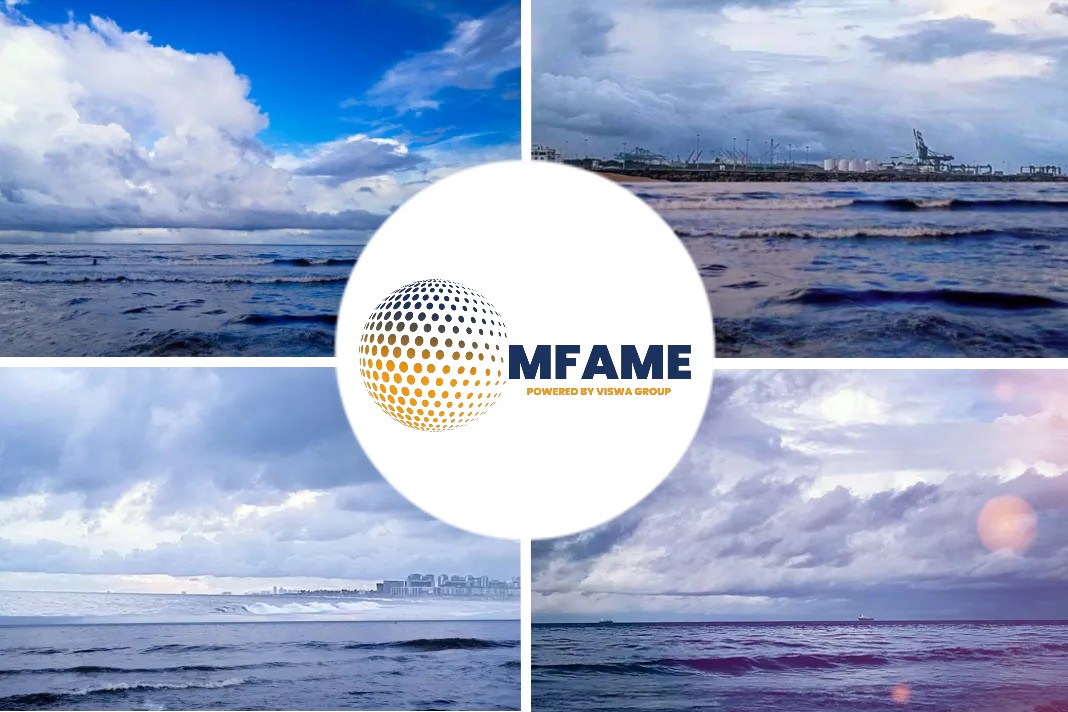- Surveying the state of the ongoing global crew change crisis, Intertanko marine director Philip Belcher said the situation has improved in North America and Europe.
- While Singapore and India have reopened and are now allowing changes. Latin America and parts of Asia however continue to fare poorly.
- The Philippines remains an area of concern with Filipino seafarers competing with their countrymen working overseas in other sectors for flight tickets.
A recent news article in the Riviera deals with crew repatriation, retention and the possibility of a covid vaccine.
Rising covid cases
In light of rising cases in the country, Odfjell Ship Management vice president MPS, Svend Foyn-Brunn said it was “worrisome to see the difference between what you hear in the official statistics in the Philippines and what you hear from the local officers there”.
Quarantine for 10 days
Odfjell currently requires signers-on from the Philippines to quarantine for 10 days and conducts two Covid tests on the third and seventh day of quarantine.
Repatriation remains the top priority, according to Mr Belcher, who said Intertanko has published guidance papers and is working with OCIMF to conduct remote SIRE inspections.
“We are lobbying with the UN system – the ILO, IMO, as well as the International Chamber of Shipping and International Transport Workers’ Federation,” Mr Belcher said.
400,000 seafarers await relief
And while the lobbying has helped, an estimated 400,000 seafarers are still awaiting relief, with an equal number unable to board ships to resume work. According to Mr Belcher, hidebound rules hinder smooth transitions.
Citing Australia’s devolved political system as an example where crew with extended contracts are detained (at the federal level) by the Australian Maritime Safety Authority (AMSA) he said “We are trying to make them aware of the stupidity of a lot of the decisions being made and this extends to a few other countries as well.”
State level resulting in varying compliance
Mr Belcher noted that repatriation in these areas remains difficult because health authorities delegate the responsibility to the state level resulting in varying compliance.
Interorient Shipmanagement group fleet personnel manager Mark Parrotte highlighted the poor scores in the latest Seafarer Happiness Index for Q2 and Q3 2020 as an indicator of the general mood.
Fatigue and financial woes
Fatigue and financial woes continue to plague seafarers aboard vessels and those ashore who need to earn a living.
The pandemic has ushered in further digitalisation in operations with more interviews, inspections and surveys conducted remotely.
Interorient has conducted two virtual SIRE inspections and a virtual officers’ meeting. Odfjell’s strategy analysis has highlighted advantages and areas for improvement in remote crew training.
Mr Foyn-Brunn said there are areas such as situational and contextual competence which require further evaluation and realistic scenarios to bridge the gap between in-person learning and e-learning.
All three panellists
All three panellists expressed concern over the long-term prospects over crew retention in light of the pressures.
“Dealing with the families” said Mr Parrotte “is sometimes harder. You can invite them to the local office if laws permit it. But it is about communication.”
Biggest challenge
Going forward, Mr Foyn-Brunn said getting crew out is “probably our biggest challenge”.
He noted that familial pressure on seafarers often negates the possibility of contract extensions – “If their loved ones say “No” then that’s the end of that” and urged captains to help quell conflicts on board.
“We (Odfjell) have intervened a couple of times over the last month to solve conflicts on board” he said.
Covid-19 is not going away soon
None of the panellists think Covid-19 is going away soon and with further lockdowns a possibility, the industry cannot risk a repeat of the situation.
Intertanko met with UN bodies last Friday where the trade body repeated the industry’s calls to have seafarers recognised as essential workers and ensure they are near the top of the list to receive vaccines.
“Of course governments will have priority lists with the elderly and health workers etc. Seafarers should be in the higher categories as well” said Mr Belcher, adding that certification of vaccination may become mandatory in the future.
Did you subscribe to our daily newsletter?
It’s Free! Click here to Subscribe!
Source: Riviera






















